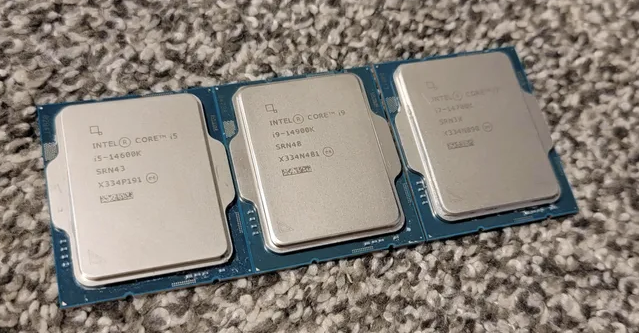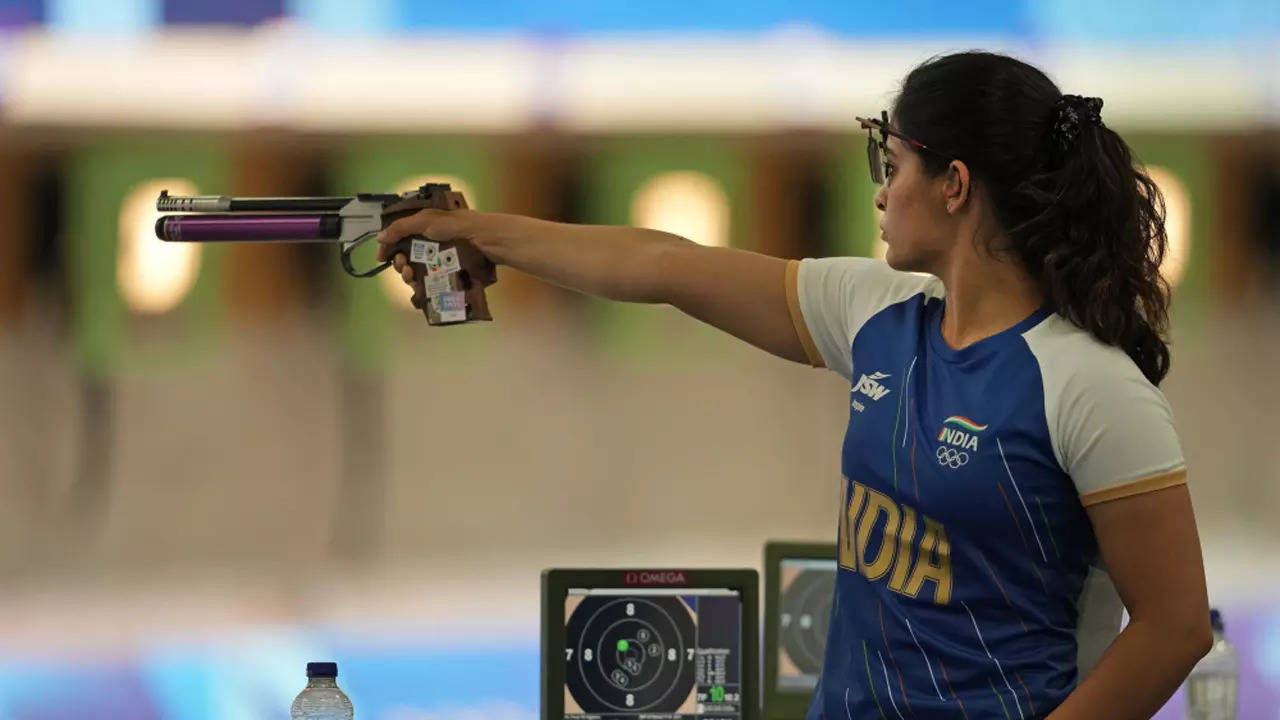For a show that is about the capability to be everywhere and anywhere, any period in time, Doctor Who is a show that is arguably burdened with context. Now 60 years old todaythe thought of navigating any of its stories without an awareness of its place in that history is almost unthinkable. But every once in a while, in a very long while, Doctor Who wields that context to set itself free.
That’s the paradox—as well as the philosophy of John Rawls—that sits at the heart of “The Day of the Doctor,” Doctor Who’s 50th anniversary special that climaxed a blockbuster period of celebrations for the series 10 years ago tonight. It is, of course, almost impossible to think of “Day” outside of this context—metatextually, we now know so much of what almost happened during its production and ideation that it’s almost a miracle to revisit the final product and not deem it miraculous for simply existing. At the time, pressure on the series, and then-showrunner Steven Moffat—to deliver not just a fitting tribute to fifty years of television prior to it, not just to deliver on the promise of bringing back the even-then legendary David Tennant’s tenth Doctorone of the most popular takes on the character in that history, but also to set the stage to bid farewell to his current star in Matt Smith, set to bow out of the series a month later in the Christmas special “Time of the Doctor”—was immense.
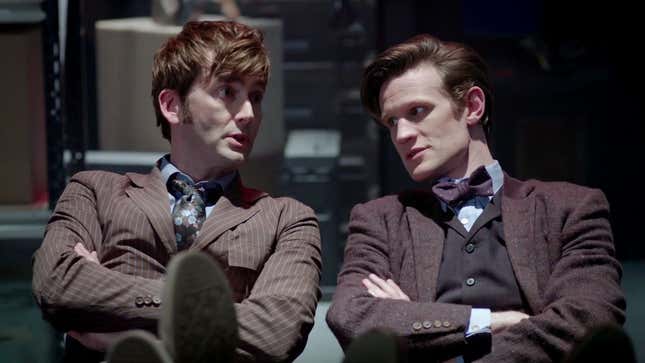
It’s fitting perhaps that a decade on, and on the precipice of not just one but three anniversary specials, the series once again finds itself under a likewise pressure with a twist—a tribute now to sixty years, the return of David Tennant but now as a new, fourteenth incarnationand to set the stage once more for an entirely new era now in the arrival of Ncuti Gatwa’s Fifteenth Doctor. It’s just as fitting perhaps that the pressure is not quite so heightened this time around, as “Day of the Doctor” managed to resoundingly prove that Doctor Who was more than capable of rising to celebratory occasions such as this, to deliver something both loving of its past but capable of providing something filled with potential for the future.
But again, this is all context. Can “Day” work, just as the Doctors plans with the Zygons and humans does in its tale—to temporarily wipe them of their memories, so neither side knows which is which in an attempt to guarantee equitable peace—to be good outside the weight of all this context? There’s two answers, here. The first, is yes: “Day of the Doctor” isn’t just a good celebration of Doctor Whoit’s also just good Doctor Who full stop. There’s adventure and spectacle, Earth at threat of invasion, time travel shenanigans, and multiple Doctors bouncing off of each other in the most hectic, funny, and heartbreaking of ways. It’s layers of Steven Moffat’s penchant for twisting mystery and cleverness—zipping between the Zygon threat to modern earth, the Tenth Doctor’s own foray with them back in Elizabethan England, and then the War Doctor’s trauma facing down the last day of the Time War, an event up to this point only spoken about in dark, hushed tones throughout Who’s modern revived era—that all neatly tie together in this loving, deeply sentimental package.
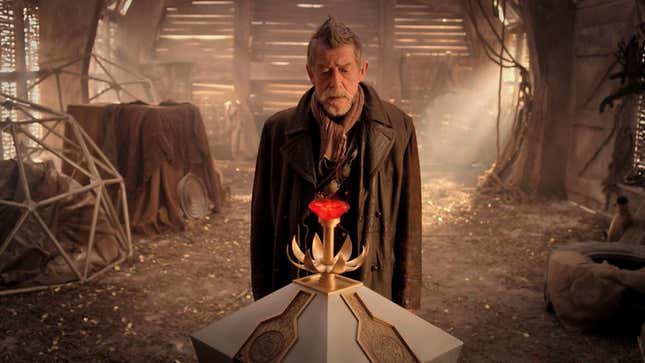
And it is about the weight of context. The tragic heart of “Day of the Doctor” is John Hurt’s aforementioned “War” Doctor: the regeneration that took part in the Time War, an incarnation left to banished memories out of the shame of what he had to do to end the conflict between the Time Lords and the Daleks once and for all, one petrified to even call himself a Doctor for the hurt he wielded to do so. Following him on the eve of the final days of the conflict as he steals a weapon of mass destruction from his own people—the Moment, a weapon so powerful, so horrifying, it developed its own conscience to almost stop itself from being—the War Doctor’s arc is one about wrestling with the weight of his own personal history, a push and pull that haunts him, and is compacted when he comes face to face with his future: two further incarnations of himself that yes, still feel the pain of the Time War, a pain muted in some ways, but still, a future for himself that exists beyond the horrifying task he has burdened himself with. In some ways, we have the Doctor himself across these three iterations in various stages of a personal veil of ignorance, much like the one his latter selves will go on to put on UNIT and the Zygons in the episode’s climax: the War Doctor, so desperately grappling with his knowledge of himself that he is attempting to disavow the trappings of that identity, the Tenth Doctor, far enough removed from the Time War for the pain to be lessened, but not far enough to be shocked at his future self in the Eleventh Doctor, who has allowed that pain to be accepted and moved on from.
That brings us to the second answer to that earlier question. Can “Day” work, to be good outside the weight of all this context? The answer this time is, it argues, that it doesn’t have to: it can embrace and deny its power in one fell swoop, and give its heroes the healing they crave in the process. After the Tenth and Eleventh Doctors foil the Zygon’s invasion plans in the modern day, their plan also acts as a catalyst for them to go back to the War Doctor as he stands on the precipice of unleashing the moment—to accept that this burdensome act is part of their past, but that all they are is part of the War Doctor as well. Except, as Clara argues (fittingly, someone outside of the context of knowing what the Time War really was, given how little it came up between her and the Eleventh Doctor)—the Doctors don’t have to accept this fate. They have accepted the potential of it, but they are now also capable of avoiding it, granted the singular unique opportunity of these different incarnations, all in their own individual contexts and places in their personal timelines, coming together at one moment.
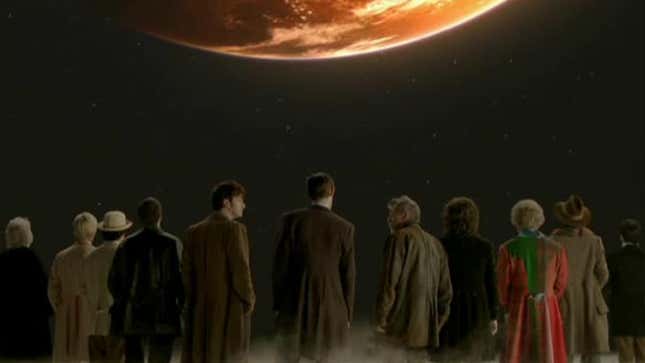
And in an explosion of triumph—from the moment of realization to the soaring arrival of 13 TARDISes around a besieged Gallifrey, to the flowering destruction of the Dalek fleet caught in its own crossfire as Gallifrey is blinked out of existence into its own pocket of spacetime and saved from destruction—Doctor Who both embraces its context leading up to this moment, and frees itself from it. So much of modern Doctor Who at this point had been defined by the outcome we understood for the Last Great Time War—the Doctor’s own outlook on things, the absence of his people and his homeworld, the emotional weight that came from when elements of the conflict survived that outcome, like the Daleks and the Master. In a single moment, Doctor Who tells its audience, and itself, “enough of that. What if we made it better?”. Because that’s what the Doctor does, for so many people across space and time—and on the Doctor’s special day, why not do it for themselves too?
Of course, we once again have to return to context. In the years that would follow Gallifrey’s return had its ups and downs—a month later in “Time of the Doctor,” it would be their continued existence that granted the Doctor a new cycle of regenerations. Just a few years down the line with Jodie Whittaker’s 13th Doctor, we’d seemingly see them destroyed all over again, and have the Doctor’s own understanding of their personal history upended once more with the revelations of the Timeless Child. But in the moment “Day of the Doctor” allows itself to be free from all this context, it is bursting with unbound potential—a loving, exciting, invigorating potential. A gift to Doctor Who most fitting for a celebration as sentimental as its 50th birthday.
Want more io9 news? Check out when to expect the latest Marvel, Star Warsand Star Trek releases, what’s next for the DC Universe on film and TVand everything you need to know about the future of Doctor Who.



